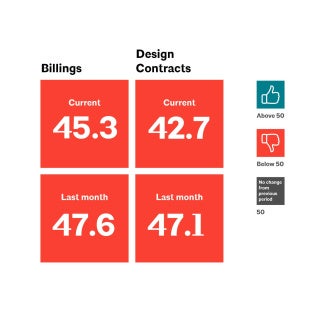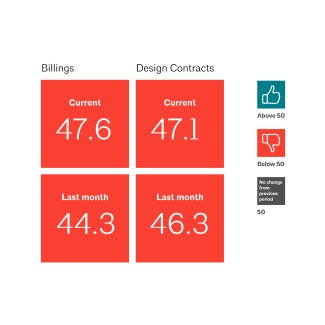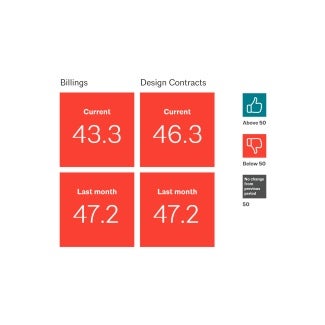Overtime pay: Are you compensating your employees correctly?
The federal pay rules aren’t as clear-cut as you may think, and non-compliance with Department of Labor rules may result in audits, back pay, and fines. Understand the rules surrounding employee overtime compensation.

Employee overtime compensation
All businesses have an incentive to manage their costs of doing business, and paying employees overtime pay is an expensive proposition. Under the Department of Labor (DOL) rules, businesses are not required to pay an employee overtime if the employee is considered “exempt” from the overtime pay requirements.
Accordingly, employers have an incentive to characterize employees as exempt. This incentive must be balanced, however, with the need to remain compliant with applicable labor laws. If you are found to be non-compliant with DOL rules, your firm may have significant exposure for back pay and penalties.
You’d like to do the right thing, and the labor rule on overtime is easily understood, right? Many firms believe that employees earning compensation at or above the DOL’s current salary threshold of $23,660.00, or $455 per week, are exempt from overtime pay (threshold is subject to change). If they earn less than that amount, time-and-one-half pay for work beyond 40 work hours in a week is required. It’s not that simple, however, as the salary threshold is only one part of the determination process.
The DOL has outlined additional requirements for properly classifying employees as exempt in the following five categories: professional, administrative, executive, computer, and outside sales.
Exempt employees
Professional exemption
The professional exemption is relevant to a majority of employees in most architectural firms because it relates to determining whether design professionals and registered architects can be classified as exempt.
Administrative exemption
The administrative exemption is relevant to many employees in an architectural firm tasked with general business operations of the firm, including bookkeeping, marketing, and other support staff.
Special exemptions
There are three types of special exemptions.
- The executive exemption is relevant to individuals that are part of the firm’s leadership.
- The computer exemption applies to employees such as computer systems analysts, computer programmers, software engineers, or other similarly skilled workers in the computer field performing the types of duties outlined by the Department of Labor.
- The outside sales exemption primarily applies to employees that are engaged in making sales on behalf of the employer and who primarily work away from the office.
Department of Labor fact sheets
17B - Exemption for Executive Employees Under the Fair Labor Standards Act (FLSA)
17C – Exemption for Administrative Employees Under the FLSA
17D - Exemption for Professional Employees Under the FLSA
17E - Exemption for Employees in Computer-Related Occupations Under the FLSA
17F - Exemption for Outside Sales Employees Under the FLSA
--
AIA has provided this information for general purposes only. The information provided is not legal opinion or legal advice.



